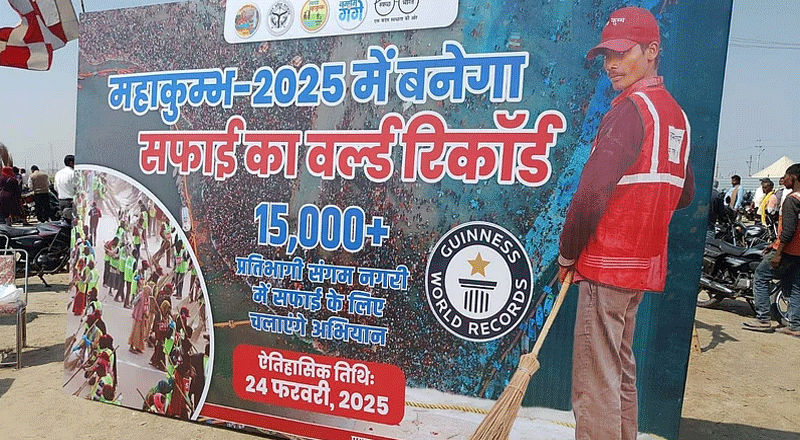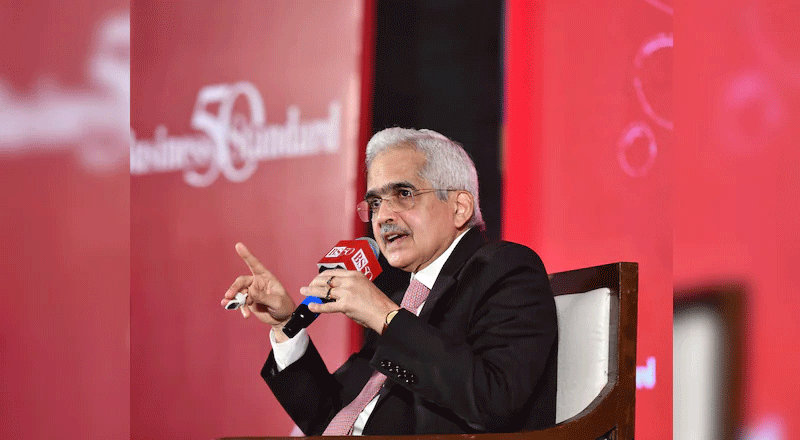- Delhi environment minister said that preparations are underway to implement the ‘artificial rain’ project presented by the Indian Institute of Technology (IIT) Kanpur.
- scientists conveyed that ‘cloud seeding’ could only be attempted if there were clouds or moisture in the atmosphere.
- The success of artificial rain depends on specific meteorological conditions, such as the presence of moisture-laden clouds and suitable wind patterns.
- “In India, research on artificial rain is ongoing, but it has not made significant progress so far.” the Director-General of the India Meteorological Department (IMD) said.
- The Delhi government on Wednesday ordered a ban on app-based taxi services in the city.
- According to the new announcement, only cabs bearing registration numbers of Delhi will be allowed to ply in the city.
Delhi environment minister Gopal Rai announced on Wednesday that preparations are underway to implement the ‘artificial rain’ project presented by the Indian Institute of Technology (IIT) Kanpur. He mentioned that the government has asked for the proposal by Thursday, to seek necessary permissions from the Supreme Court by Friday.
He mentioned that during a meeting with scientists from IIT Kanpur, they conveyed that ‘cloud seeding’ could only be attempted if there were clouds or moisture in the atmosphere. Rai added, “Experts anticipate that such conditions could develop around November 20-21.”
Rai also referred to the initial meeting held in September with IIT-Kanpur experts, during which a presentation was given on artificial rain. This meeting included suggestions from 24 members and researchers from various organizations. “The experts brainstormed ways to reduce vehicular pollution, dust pollution, biomass burning, and other kinds of pollution.
The PTI report also quoted Mrutyunjay Mohapatra, the Director-General of the India Meteorological Department (IMD), saying, “Certain nuclei are sprinkled into the clouds to facilitate cloud condensation, leading to rainfall. In India, research on artificial rain is ongoing, but it has not made significant progress so far.”
Cloud seeding is an artificial method used to increase rainfall by introducing certain substances into clouds that serve various purposes, including reducing the impact of droughts, preventing forest fires, increasing precipitation, and enhancing air quality. During cloud seeding, chemicals like silver iodide, potassium iodide, and dry ice are released into the sky using airplanes and helicopters. These chemicals attract water vapour, leading to the formation of rain clouds. It usually takes about half an hour for this method to make it rain.
However, the success of artificial rain depends on specific meteorological conditions, such as the presence of moisture-laden clouds and suitable wind patterns.
The Delhi government on Wednesday ordered a ban on app-based taxi services in the city. According to the new announcement, only cabs bearing registration numbers of Delhi will be allowed to ply in the city, news reports said. The decision was taken after the Supreme Court asked the Delhi government to consider banning app-based taxis in the national capital as a means to control air pollution.
The government earlier announced the vehicle rationing scheme to tackle the ongoing pollution crisis. However, the court termed the scheme as “optics”. It even questioned its efficacy and success in the past in reducing the dangerous levels of pollution in the national capital.
(With inputs from agencies)





